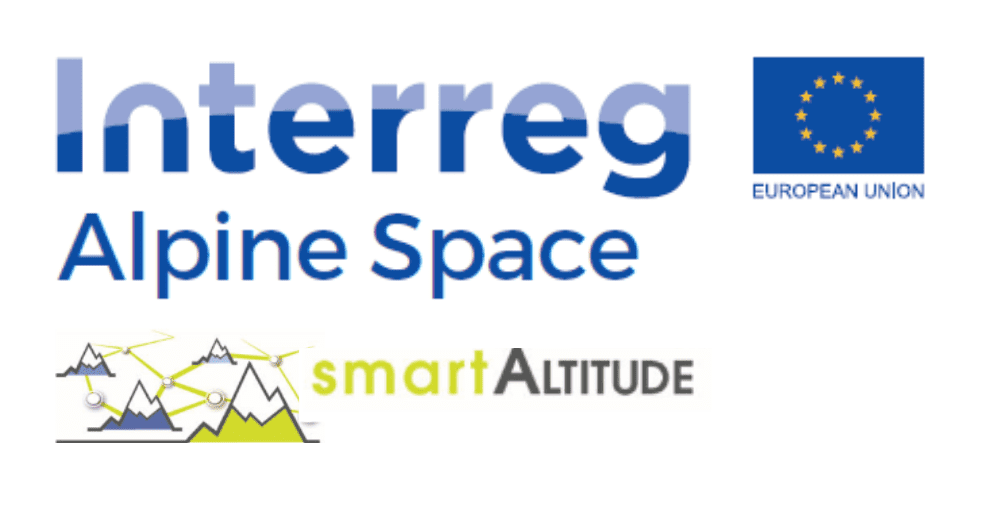
Overview
Winter tourism in the Alps generate an annual turnover of € 40 billion. However, it has increasingly high energy and environmental costs. On the other hand, this economic activity is strongly affected by the consequences of climate change on the weather and natural conditions. The implementation of low-carbon policy in Alpine regions therefore requires adaptation but also mitigation strategies to reduce carbon emissions. Smart Altitude implemented new tools to improve the use of energy and reduce greenhouse gas emissions in Alpine ski areas. The project developed new decision-making tools for ski operators and policy makers and innovative technical solutions tested in four living labs. It helped to overcome differences in territorial governance and infrastructure management among winter tourism destinations.
Factsheet
- 2014 – 2020
- Low carbon
- Establish transnationally integrated low carbon policy instruments
-
- Group 1: To develop an effective research and innovation ecosystem
- 04/2018
- 05/2021
- 2.375.883 EUR
- 1.872.029 EUR
Outcomes
-
Measuring & visualizing performance
Strategy -
Smart Altitude Toolkit
Tool -
Smart Altitude Living Labs
Strategy -
Replication and knowledge transfer
Strategy

